Three European suppliers recalling multiple batches of medicines owing to active ingredient contamination
Three generics manufacturers have recalled dozens of batches of high blood pressure medication across Europe following detection of an impurity in a common active pharmaceutical ingredient (API).
Bristol Laboratories, Brown & Burk and Teva issued the recall of irbesartan and losartan, both angiotensin II receptor blockers, following detection of 5-(4’-(azidomethyl)-[1,1’-biphenyl]-2-yl)-1H-tetrazole (AZBT), which may increase a patient’s risk of cancer over time. As there is no evidence of direct danger or harm to patients, and the low level of impurities detected, the recall has only been issued for pharmacies and wholesalers.
A spokesperson for the UK’s Medicines and Healthcare Products Regulatory Agency (MHRA), which recalled 31 batches across the three manufacturers, confirmed the contaminant was caused during the manufacture of an active ingredient for both drugs, as well as valsartan. ‘[The contamination] was considered to be potentially formed during the finished product manufacturer’s assessment of an alternative API source, and was confirmed when testing the current API batches that are in use by that finished product manufacturer,’ the spokesperson said.
This latest recall follows several problems with members of the sartan family of drugs and more widely, arising from contaminants introduced during drug synthesis. Most of these have involved nitrosamines, particularly the potential carcinogen N-nitrosodimethylamine (NDMA), linked to various factors including processing conditions and solvent recovery techniques. As a result, companies have sought alternative processes to avoid these contaminants. However, addressing the issue has proved tricky, particularly in the case of the dyspepsia drug ranitidine, with research from GlaxoSmithKline last year demonstrating the contaminant can arise from slow degradation of the ranitidine molecule itself.
The situation has been compounded by regulators in Europe and North America adopting tougher impurity limits in an attempt to identify and remove possible contaminants. In the UK, the current limits for AZBT (33ppm for losartan and 66ppm for irbesartan) are only interim standards, and are under discussion by the MHRA’s Commission on Human Medicines.
Responding to the current sartan recall, Teva confirmed to Chemistry World it had recalled 41 losartan batches across Europe and was already looking at adjusting its processes to prevent further problems. ‘At a manufacturing level, Teva awaits approval by [the European Directorate for the Quality of Medicines and Healthcare] of its submitted plan to change the process of its API manufacture,’ a spokesperson said.




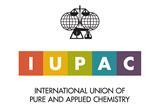
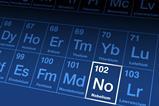
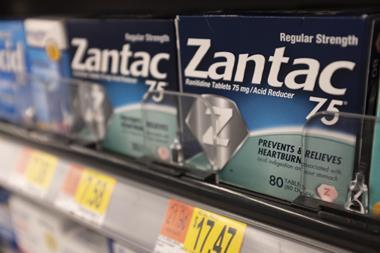
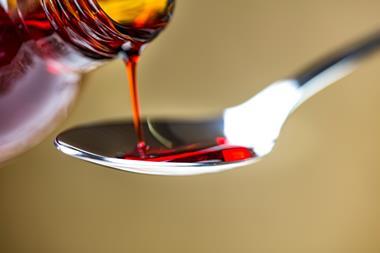
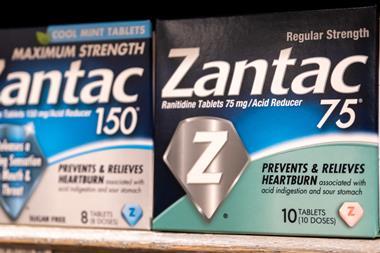









No comments yet